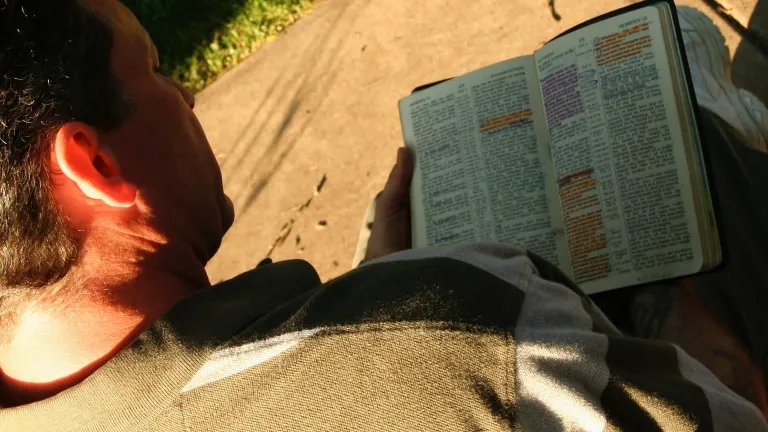Have The Ten Commandments Been Done Away With?

The Ten Commandments have not been done away with, but are central to both the Old and New Covenants.
For followers of Jesus Christ, the Ten Commandments remain the foundation of ethical behavior and spiritual interaction with our Creator. Through the Ten Commandments, we learn what it means to love God and to love other human beings.
These commands were known by Abraham (Genesis 26:5); they were written on tablets of stone as the covenant made with Israel at Sinai (Exodus 20:3-17) and they are now being written on the hearts of those who enter the new covenant (Hebrews 10:16).
Most Bible believers and readers instinctively get this, but are often confused by teachers who proclaim that the Commandments have been done away with. Jesus gave us a stern warning about those who teach people that it is okay to break God's Commandments (Matthew 5:19).
The writings of the New Testament speak frequently of something new replacing something old. The transition being discussed is the replacement of the Old Covenant with the New Covenant. However, the Commandments of God are central to both the Old and New Covenants and have not changed.
Commandments that were once carved on tablets of stone are now to be written on our hearts, through the power of the Holy Spirit. This means we will live by them according to their true meaning.
How do we atone for sin?
The Ten Commandments provided the people under the Sinai covenant (the "Old Covenant") with a definition of sin. After sin had been defined and the covenant confirmed (Exodus chapters 20-24), Israel was given many instructions pertaining to the maintenance of:
1. Sacrifices for sin: a way to atone or pay for violations of the commandments.
2. A priesthood: a way to properly administer such sacrifices.
3. Construction and regulation of a tabernacle: a place for these sacrifices to be brought before God's presence.
These laws were added after the covenant was made to provide a way to deal with the ongoing uncleanness and sins of the people (Galatians 3:19). It was a way for people to atone for their inevitable mistakes and still be able to have a positive relationship with the most holy God.
What has really been done away with?
Through the death and resurrected life of Jesus Christ, the priesthood, the sacrificial system and the tabernacle have all undergone a significant change (Hebrews 7:12).
1. Jesus' death in the flesh has provided a sacrifice better, and more effective, than the sacrifices of animal lives (Hebrews 10:11-14).
2. Christ now functions as our High Priest in a new and better way (Hebrews 7:23-25).
3. The tabernacle (or dwelling place of God) is the Church, which is called the Body of Christ (Ephesians 2:22).
Just as has always been the case, the definition of what constitutes sin still begins with the Ten Commandments (1 John 3:4; Romans 7:12-14). What has changed is the way people atone for their sins! A better sacrifice for sin is provided through the sacrifice of Jesus. In Him we have a better and more direct way to approach the most holy God. The old way involving animal sacrifices has been replaced with a way that is better and more effective.






